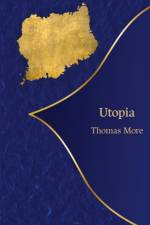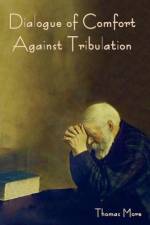av Thomas More
329,-
" homas More à Pierre Gilles, salut !Ce n¿est pas sans quelque honte, très cher Pierre Gilles, que je vous en- voie ce petit livre sur la république d¿Utopie après vous l¿avoir fait at- tendre près d¿une année, alors que certainement vous comptiez le recevoir dans les six semaines. Vous saviez en effet que, pour le rédiger, j¿étais dispensé de tout effort d¿invention et de composition, n¿ayant qüà répéter ce qüen votre compagnie j¿avais entendu exposer par Raphaël. Je n¿avais pas davantage à soigner la forme, car ce discours ne pouvait avoir été travaillé, ayant été improvisé au dépourvu par un homme qui, au surplus, vous le savez également, connaît le latin moins bien que le grec. Plus ma rédaction se rapprocherait de sa familière simplicité, plus elle se rapprocherait aussi de l¿exactitude, qui doit être et qui est mon seul souci en cette affaire. Toutes les circonstances, je le reconnais, mon cher Pierre, m¿ont donc facilité le travail au point qüil ne m¿en est guère resté. Assurément, s¿il m¿avait fallu inventer ce qui suit ou le mettre en forme, un homme, même intelligent, même instruit, aurait eu besoin de temps et d¿étude. Qüon m¿eût demandé une relation non seulement exacte mais encore élégante, jamais je n¿y aurais suffi, quelque temps, quelque zèle que j¿y eusse mis."

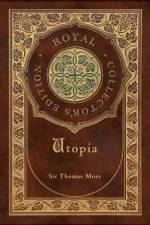
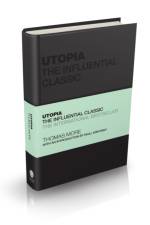
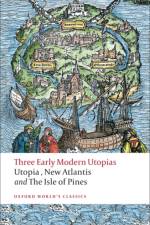

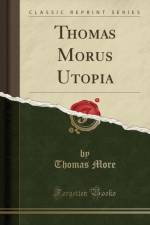




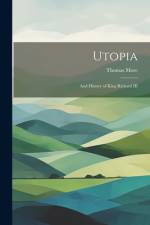





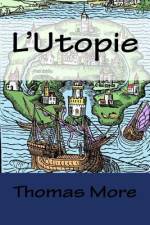




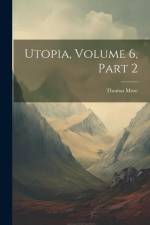
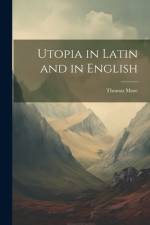
![Memoirs of Sir Thomas More, With a New Translation of His Utopia, His History of King Richard Iii, and His Latin Poems. [Ed.] by A. Cayley](https://cdnbackdoor.tales.as/thumbnail/150x225/products/00310/32873/memoirs-of-sir-thomas-more-with-a-new-translation-of-his-utopia-his-history-of-king-richard-iii-and-his-latin-poems-ed-by-a-cayley.jpg)
